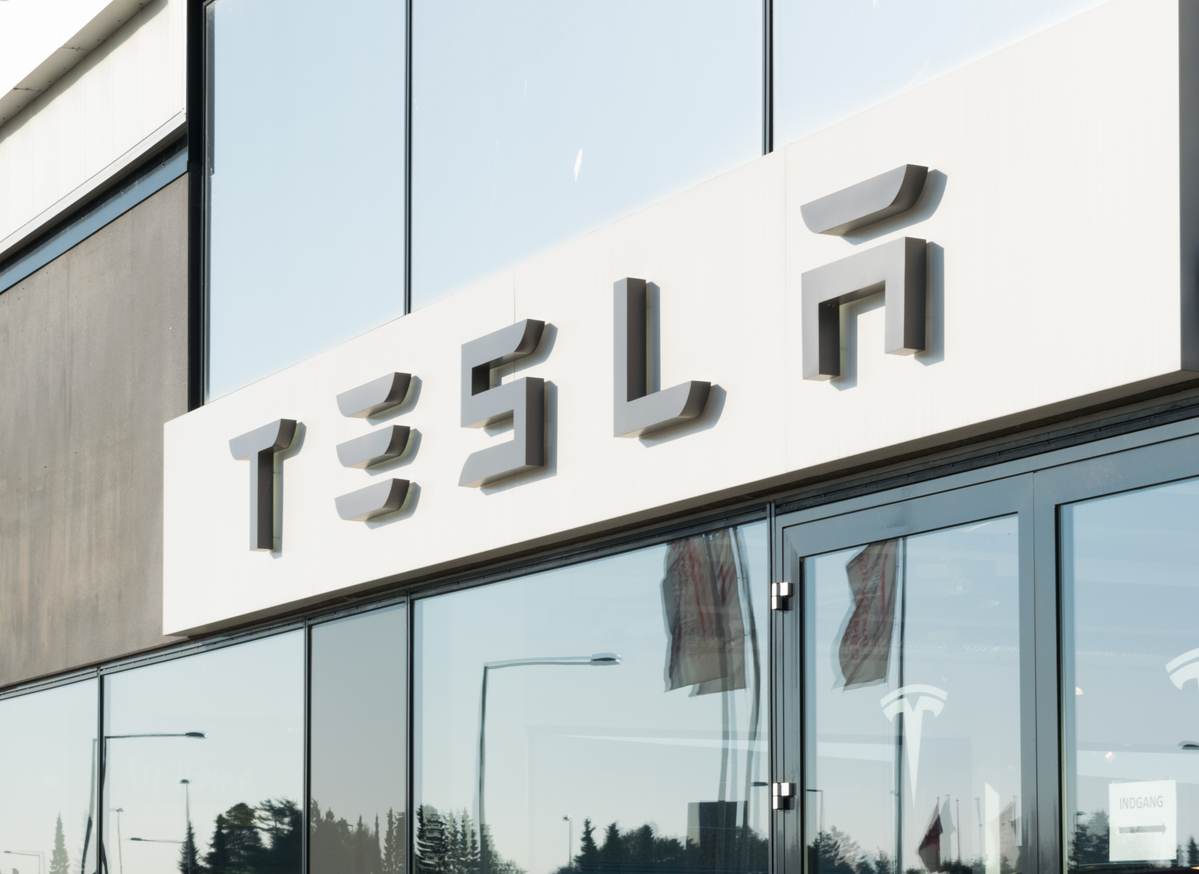Could the End of the $7,500 EV Tax Credit Be Tesla’s Gain?
As the incoming Trump administration hints at scrapping the $7,500 federal tax credit for electric vehicle (EV) buyers, the move could reshape the U.S. auto industry. While many automakers fear this change, Tesla, led by its CEO Elon Musk, may emerge as the ultimate beneficiary, leveraging its market dominance and profitability to widen its lead.
The tax credit, which has been a cornerstone of U.S. EV adoption, incentivizes buyers to switch to cleaner vehicles by offsetting a portion of the higher upfront cost. However, with its potential removal, the dynamics of competition in the EV space may shift dramatically.
The Role and Impact of the EV Tax Credit
The federal EV tax credit has been instrumental in supporting the transition from gasoline-powered vehicles to electric cars. By offering $7,500 directly to consumers, the credit reduces the cost disparity between EVs and traditional vehicles, encouraging adoption and stimulating demand.
For automakers, the credit serves as a buffer, allowing them to price their vehicles competitively without sacrificing margins. However, the benefits are not evenly distributed. Tesla, as the world’s largest EV maker, is uniquely positioned to weather the credit’s removal. Legacy automakers like General Motors and Ford, which are still ramping up EV production, rely more heavily on the subsidy to make their offerings attractive.
Tesla’s experience highlights the credit’s significance. When an earlier version of the tax incentive phased out, Tesla had to adjust its pricing strategy, reducing costs to maintain demand. Now, with larger production volumes and profitability in the U.S. market, Tesla has the flexibility to absorb or even capitalize on the removal of the credit.
Tesla’s Market Dominance and Strategic Advantage
Tesla stands apart as the only automaker currently profiting from EV sales in the U.S. This success stems from its ability to achieve scale and efficiency in manufacturing, as well as its direct-to-consumer sales model. Competitors, meanwhile, struggle to match Tesla’s production levels, pricing flexibility, and brand loyalty.
Without the tax credit, analysts predict that legacy automakers may face intensified financial strain. Many are already losing money on every EV sold due to high production costs and limited economies of scale. The removal of the subsidy could force them to curtail EV production, inadvertently reducing competition in the sector.
“Eliminating the credit will widen Tesla’s competitive moat,” said Garrett Nelson, an analyst at CFRA Research. “Other manufacturers are heavily reliant on subsidies, whereas Tesla’s profitability and scale allow it to thrive in a subsidy-free environment.”
Musk himself has been vocal about his support for ending the tax credit, stating on social media platform X, “Take away the subsidies; it will only help Tesla.” This confidence underscores Tesla’s readiness to dominate an increasingly challenging EV market.
Challenges for Legacy Automakers
The potential removal of the tax credit poses significant challenges for Tesla’s competitors. The Alliance for Automotive Innovation, representing major global automakers (excluding Tesla), has urged Congress to retain the credit. The group argues that the subsidy is critical for U.S. manufacturers to compete against Chinese automakers, who benefit from strong domestic incentives and advanced EV technology.
Legacy automakers have invested billions of dollars in transitioning to electric vehicles, but they are still grappling with the high costs of battery production, supply chain constraints, and the need to scale operations. Without the tax credit, these companies may find it harder to justify aggressive investments in EVs, slowing their adoption in the U.S. market.
Tesla’s Competitive Position
Tesla’s ability to innovate and scale efficiently sets it apart. The company’s strategy of price reductions, even with the tax credit in place, has pressured rivals to match Tesla’s affordability. This has been particularly effective in maintaining demand as competition has intensified.
In recent years, Tesla has faced growing challenges from legacy automakers in the U.S. and from Chinese EV manufacturers in global markets. However, its continued profitability and ability to cut prices without compromising margins ensure it remains a dominant player.
Analysts believe that Tesla’s market position will strengthen further if the credit is removed. “Tesla has a scale and scope that is unmatched,” said Dan Ives, an analyst at Wedbush Securities. “Even without the EV tax credit, Tesla can fend off competition through pricing power and innovation.”
Political Dynamics and Trump’s EV Stance
Trump’s campaign rhetoric frequently targeted President Biden’s climate policies, including the Inflation Reduction Act, which restored and expanded the EV tax credit. Trump labeled these measures as an “EV mandate,” despite no such requirement existing in federal law. Reports suggest that his administration is exploring a repeal of the credit as part of broader tax reform initiatives.
While critics argue that removing the tax credit would hinder the U.S. EV market’s growth, supporters believe it aligns with Trump’s deregulatory agenda. Tesla has reportedly communicated its support for the policy change to Trump’s transition team, reinforcing its confidence in navigating a subsidy-free landscape.
The Financial Implications for Musk and Tesla
The potential policy shift comes at a pivotal moment for Musk and Tesla. While Tesla’s stock experienced a brief dip following reports of the credit’s potential removal, it quickly rebounded, reflecting investor confidence in Tesla’s ability to outpace rivals.
Musk, whose net worth exceeds $300 billion, has significant personal stakes in Tesla’s success. Despite Tesla’s recent sales slowdown, analysts remain optimistic about its long-term growth, particularly if the EV tax credit is eliminated.
“The end of the credit will position Tesla as the clear leader in the EV market,” said Nelson. “It’s not just about surviving without subsidies—it’s about thriving as competitors falter.”
Broader Impacts on the EV Market
While Tesla stands to gain, the broader implications for the U.S. auto industry are less clear. Smaller EV startups and legacy automakers may struggle to compete, potentially slowing the transition to cleaner vehicles.
The removal of the credit could also deter some consumers from switching to EVs, particularly in lower-income segments. Policymakers will need to weigh the benefits of deregulation against the potential environmental and economic costs of reduced EV adoption.
Related: Tesla Cybertruck Becomes Futuristic Police Vehicle with UP.FIT Customizations for Law Enforcement
Related: Tesla Soars: Stock Rockets 18% After Stellar Earnings Report
The debate over the $7,500 EV tax credit highlights the evolving dynamics of the electric vehicle industry. For Tesla, the policy change represents an opportunity to solidify its dominance, leveraging its scale and profitability to outpace competitors. For legacy automakers, however, the removal of the credit could intensify financial pressures and hinder their ability to compete.
As the Trump administration reshapes the regulatory landscape, the U.S. EV market faces a critical juncture. Whether Tesla’s gains come at the expense of broader industry progress remains to be seen, but one thing is certain: Elon Musk and Tesla are well-positioned to thrive in this new era.











